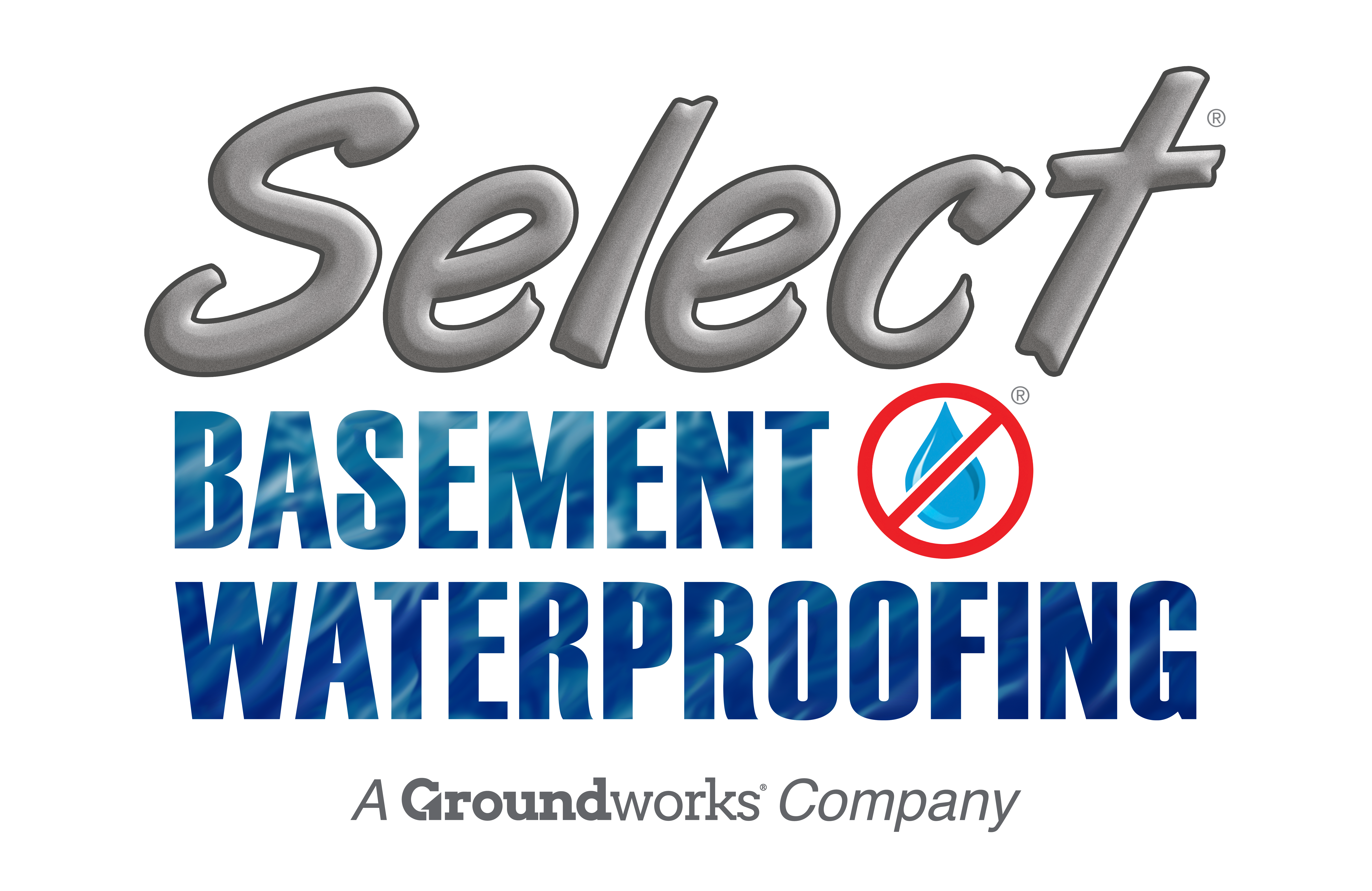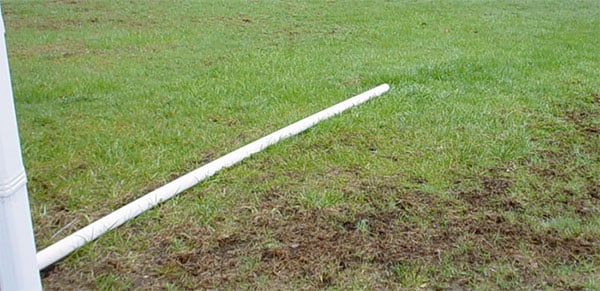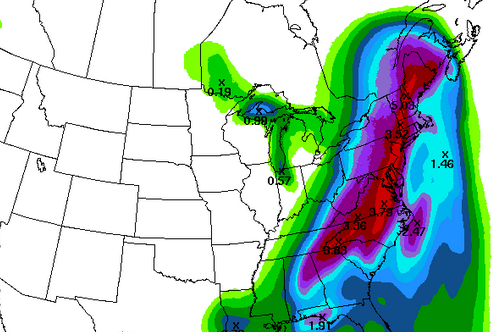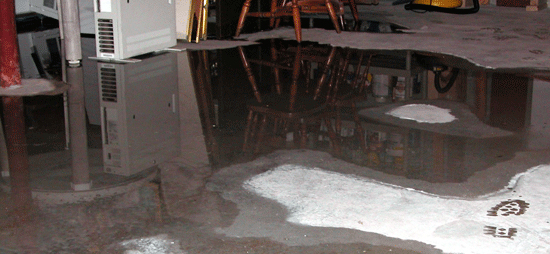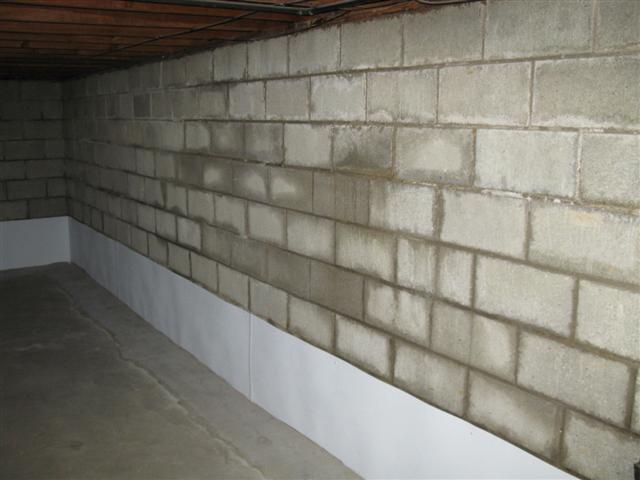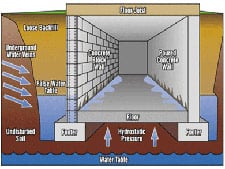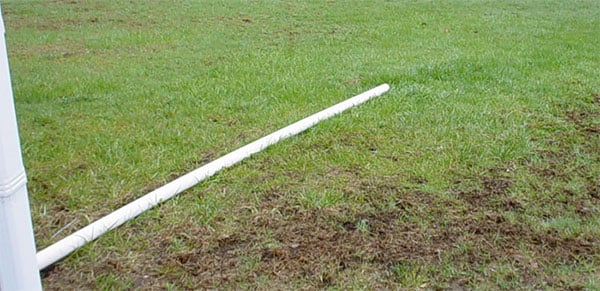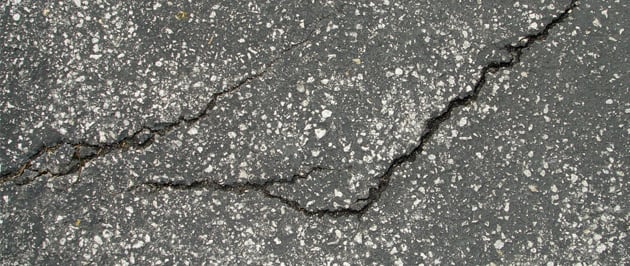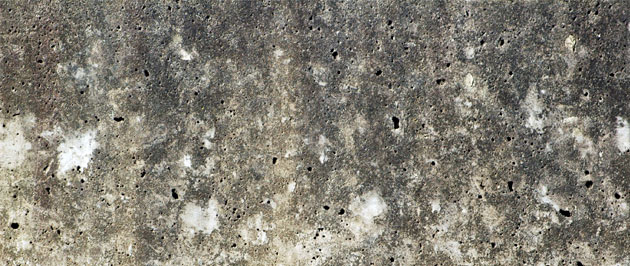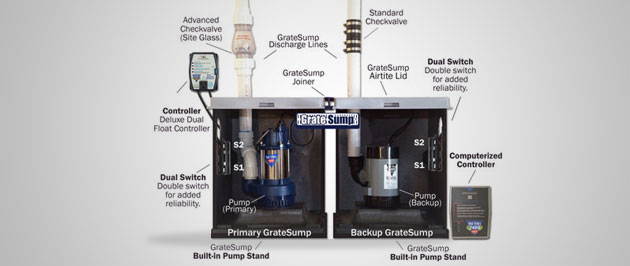Sump Pump Discharge Line
The sump pump discharge line is the pipe that gets the water out of your basement. The sump pump is tied into the discharge line that goes up and out of the basement and from there filtered through another drain pipe and out into a drainage area in the yard. If your sump pump system is designed correctly, it can keep your basement dry. If it isn’t, your discharge line could be working against you.
Pump Strength with Discharge Line Length (or head)
First, make sure that the pump is the right size and strength for the length of the discharge line and the amount of water you need to be pumping. The efficiency of a pump is figured by how many gallons of water it can pump out per hour. The length of the discharge line, or head, is factored into the equation. Sometimes when a pump states the amount of gallons per hour, it is at zero foot head. That means that is how fast it can pump out the water at the floor level. If a pump says it pumps 2,000 gallons at an 8 foot head (which is about what you need to get the water out of a typical basement) that is a good, strong pump. A professional basement waterproofing contractor can help you determine the right pump to install in your system.
The Force of Gravity
Another way a discharge line could be working against you is with gravity. The discharge line is usually vertical and goes up the basement wall. If you don’t have the proper check valve on the discharge line (and backup check valves in place) water will start going the wrong way back down into the sump pit or liner. Generally one third to two thirds of the total water pumped will slip back down if you don’t have a one-way valve to stop the water from going back down into the pit for the pump to pump it out again. Make sure your check valve is working properly and your discharge line isn’t working against you.
Keep the Discharge Line Clear
While the sump pump is the heart of the waterproofing system, the discharge lines are the veins and arteries. If either part fails, your system is in trouble. If the water can’t exit the basement due to clogged or frozen discharge lines, the whole system won’t work to keep the basement dry. There will be water backed up, and even if the pump is working, your basement could flood. It is important to take precautions to make sure the lines don’t freeze or clog. Regular check and maintenance on the discharge lines will make sure they don’t get full of debris. The vertical discharge line and the lines on the outside of the house should be in good working condition for the system to work effectively.
